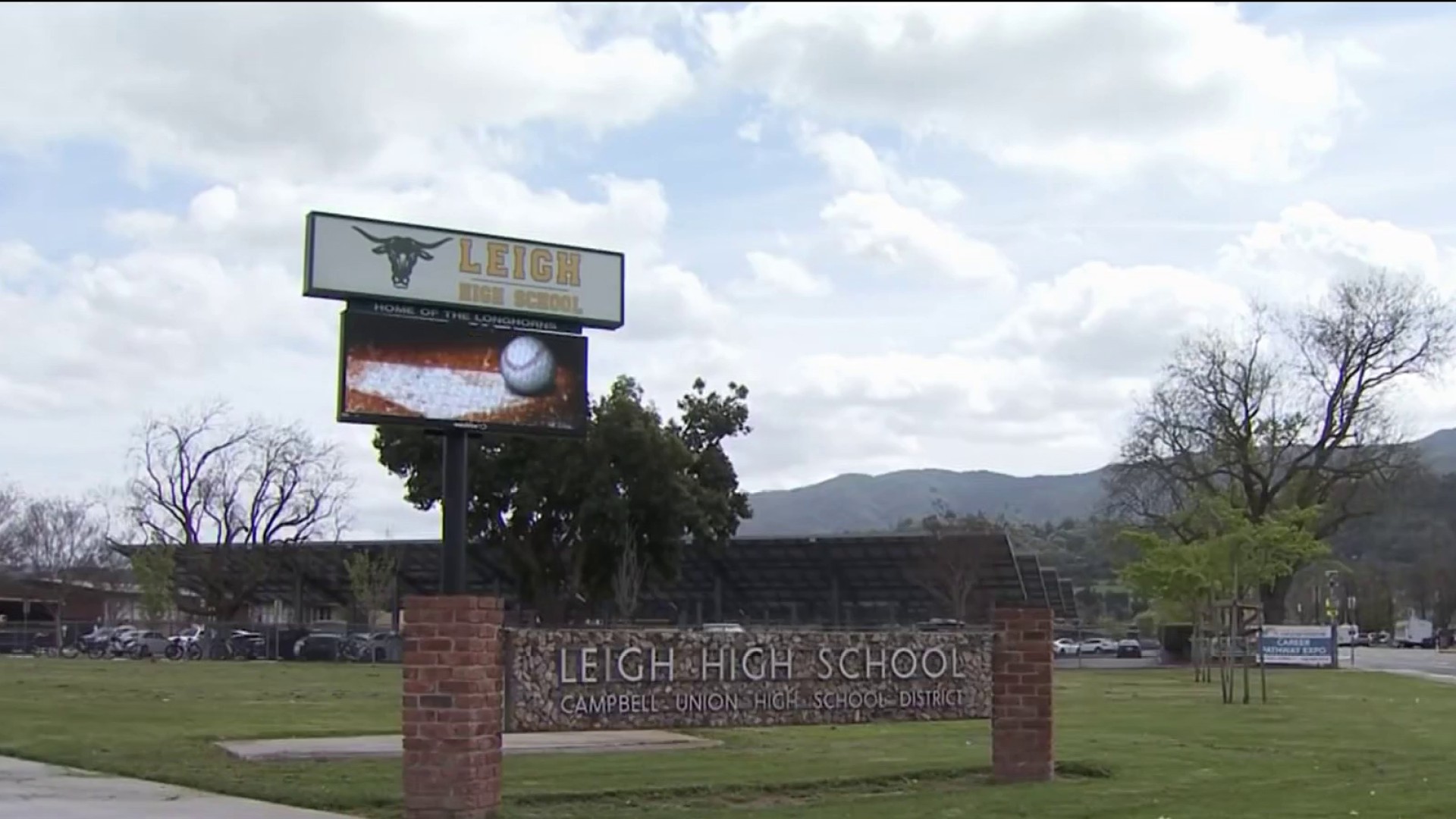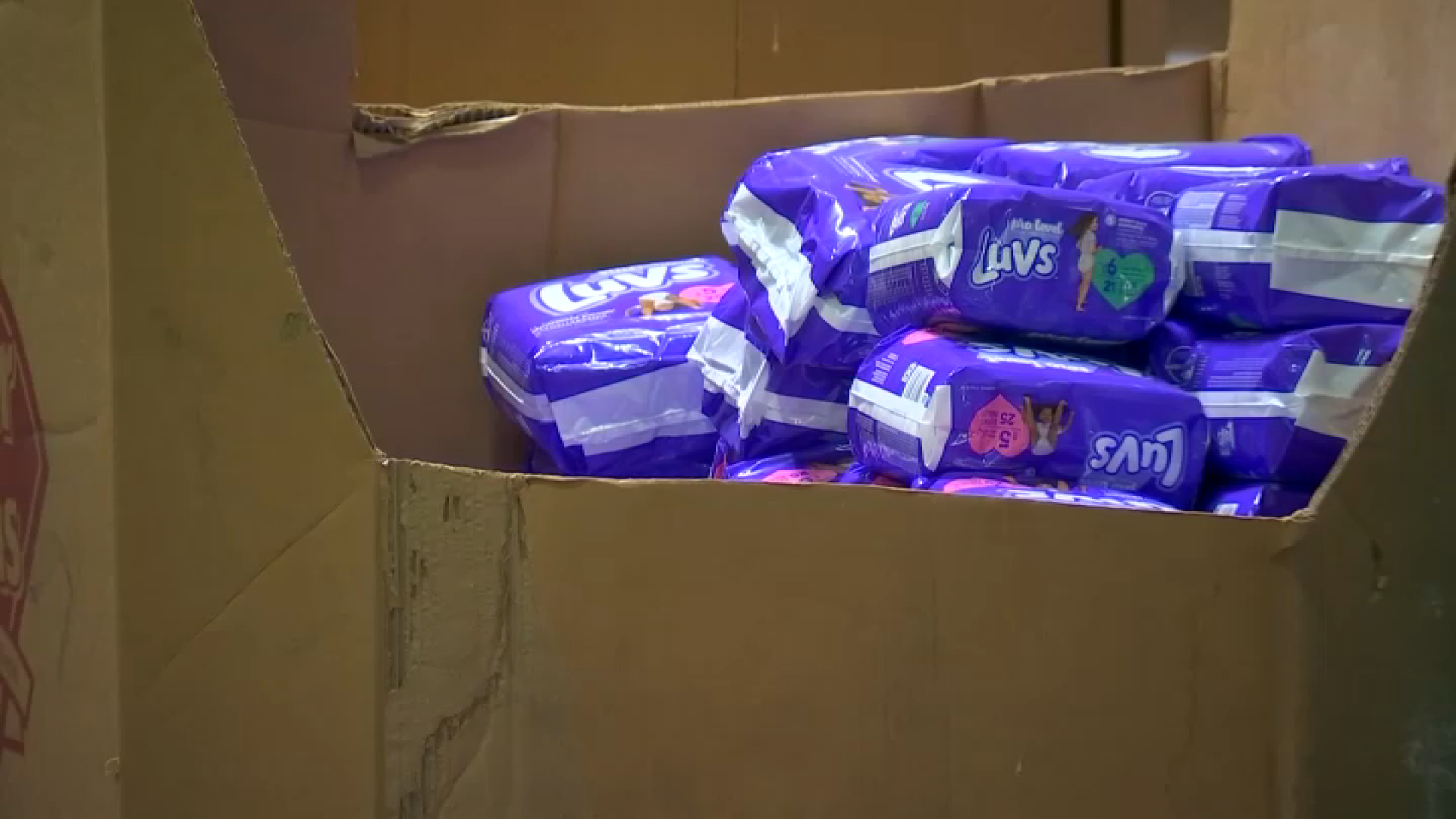The California Reparations Task Force is meeting in San Diego Jan 27-28 at the Parma Payne Goodall Alumni Center at San Diego State University, with task force members diving into the difficult question of how much is owed to Black Californians to atone for a history of racism and slavery.
All San Diegans are invited to take part in the process.
“California does lead the way on a lot of issues, and this is one of them,” said San Diego City Councilmember Monica Montgomery-Steppe. "There’s a laundry list of issues we lead the way on."
Montgomery-Steppe is also on the nine-member State’s Reparations Task Force.
Get San Diego local news, weather forecasts, sports and lifestyle stories to your inbox. Sign up for NBC San Diego newsletters.
“It’s important we talk about reparations in this context," Montgomery-Steppe said. "Some of the purpose for this task force is to be an example for the federal government as we know that fight has been going on for decades."
Friday’s public hearing began with a standing ovation for California Secretary of State Shirley Weber. In 2020, Weber was representing San Diego in the state Assembly when she authored the reparations legislation, AB 3121
“California is the fifth largest economy in the world, so we have resources in California,” Weber said.
California
The task force is looking at a wide range of harm done to the state's Black population and their ancestors. During Friday’s public hearing, members of the public were able to express their frustrations on a variety of topics, including slavery, property devaluation and over-policing.
There has not been any determination on how much money will be paid for reparations. For now, the task force is trying to figure out who will be eligible.
“We’re all threaded together in this wonderful country, in this wonderful city, and that means we all have to be part of the solution,” Montgomery-Steppe.
The reparations task force will present its recommendations to the California State Legislature by July 1. The legislature will have the final say on what payments or policy changes are made.
The state of California is streaming the hearings.



